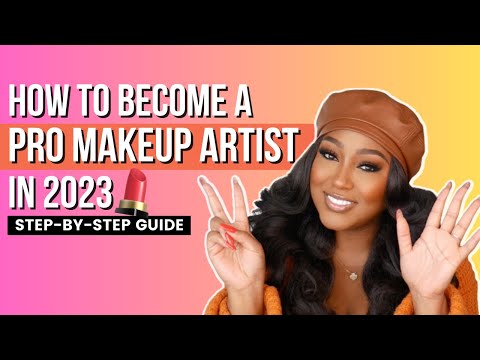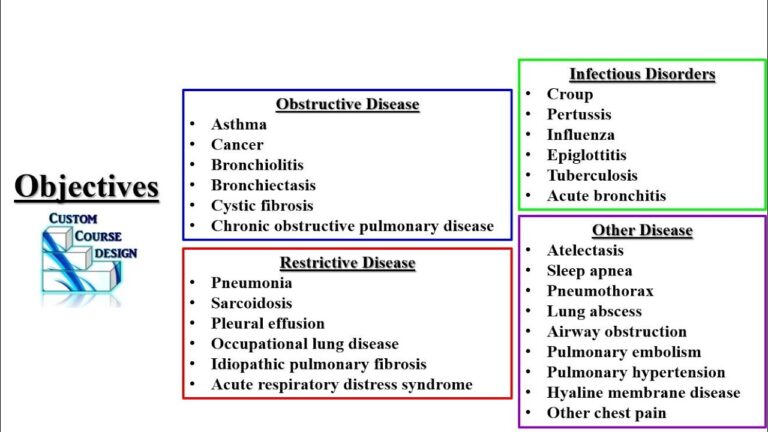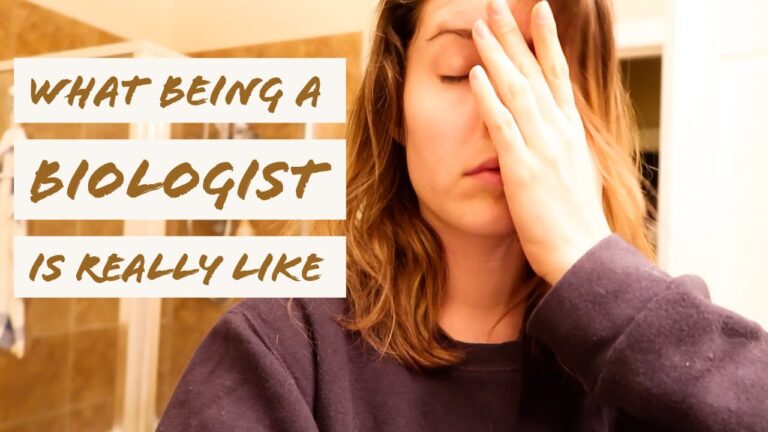Discover the World of Makeup Artistry: Job Description and Salary

Make-Up Artist Job Description Template
Make-Up Artist Job Description A make-up artist is a skilled professional who specializes in applying cosmetics to enhance the appearance of individuals. They work in various settings such as salons, spas, fashion shows, film sets, and photo shoots. The primary responsibility of a make-up artist is to create desired looks based on the client’s preferences and the occasion. Make-up artists are proficient in using a wide range of cosmetic products, tools, and techniques to achieve different effects. They have a deep understanding of color theory and can effectively use different shades to complement the client’s skin tone and features. They are also knowledgeable about various make-up styles, trends, and industry standards. In addition to the technical skills, make-up artists possess excellent communication and interpersonal skills. They need to understand the client’s requirements and preferences, and provide professional advice when necessary. They must also have good time management skills, as they often work under tight deadlines, especially in the fashion and entertainment industries. Make-up artists are expected to stay updated with the latest products, techniques, and trends in the industry. They may need to attend workshops, seminars, or engage in self-study to enhance their skills and knowledge. Overall, a make-up artist plays a crucial role in enhancing the beauty and confidence of individuals. They have the ability to transform an individual’s appearance, making them feel their best for special events or occasions.Make-Up Artist Responsibilities
Make-Up Artist Requirements
How Much Does A Make-Up Artist Make?
Make-Up Artist Salary
| Experience Level | Annual Salary |
|---|---|
| Entry Level | $25,000 – $40,000 |
| Mid-Level | $40,000 – $60,000 |
| Experienced | $60,000 – $80,000 |
| Senior Level | $80,000+ |
A make-up artist’s salary can vary depending on their experience level. Entry-level make-up artists usually earn between $25,000 and $40,000 per year. As they gain more experience and skills, their salary can increase to a range of $40,000 to $60,000 for mid-level make-up artists. Experienced make-up artists with a solid portfolio and reputation can earn between $60,000 and $80,000 annually. Those at the senior level, who have many years of experience and a strong client base, can earn $80,000 or more per year. It’s important to note that these salary ranges can be influenced by factors such as location, industry demand, and the artist’s individual skills and reputation.
Make-Up Artist Salaries by Country
Top Paying Countries for Make-Up Artist
| Country | Average Annual Salary (USD) |
|---|---|
| United States | $61,000 |
| Canada | $52,000 |
| Australia | $48,000 |
| United Kingdom | $45,000 |
| Germany | $43,000 |
Make-up artists in the United States earn the highest average annual salary of $61,000, making it the top paying country for this profession. Canada follows with an average salary of $52,000, while Australia offers an average salary of $48,000. In the United Kingdom, make-up artists earn an average of $45,000, and in Germany, the average salary is $43,000. These figures indicate the potential earnings for make-up artists in different countries, highlighting the varying income opportunities available in the industry worldwide.
A video on the topic Make-Up Artist
Video Source : Makeup MogulTVInterview Questions for Make-Up Artist
1. What inspired you to become a make-up artist?
I have always been fascinated by the transformative power of make-up. Seeing how a simple application of cosmetics can enhance someone’s features or create a completely new look inspired me to pursue a career in this field.
2. How do you stay up-to-date with the latest trends and techniques in the make-up industry?
I believe in continuous learning and improvement. I regularly attend workshops, seminars, and trade shows to stay updated with the latest trends and techniques. I also follow influential make-up artists on social media platforms to get inspiration and keep up with industry developments.
3. Can you describe your creative process when working on a client?
When working on a client, I first like to have a consultation to understand their preferences, skin type, and any specific requests they may have. Then, I analyze their facial features and consider their outfit and the occasion. Based on this information, I create a customized look that enhances their natural beauty and suits their individual style.
4. How do you ensure that the make-up you apply lasts long and looks flawless throughout the day?
Preparation is key to make-up longevity. I always start with a clean and moisturized face, followed by using a primer to create a smooth canvas. I carefully select long-lasting and high-quality products, ensuring they are suitable for the client’s skin type. Additionally, I use setting sprays and techniques like baking and layering to make the make-up last longer.
5. How do you handle clients who have specific concerns or skin conditions?
I approach such clients with empathy and understanding. I take the time to listen to their concerns and ask about any specific products or ingredients they may be allergic to. I then choose suitable products and techniques that address their concerns and work around any skin conditions they may have, ensuring their comfort and satisfaction.
6. Can you share an example of a challenging make-up look you successfully executed?
One of the most challenging make-up looks I executed was a fantasy-inspired look with intricate face painting and special effects. It required precise detailing and blending to create a seamless and realistic result. Through careful planning, practice, and attention to detail, I was able to successfully bring the client’s vision to life.
7. How do you maintain professionalism and ensure client satisfaction during a make-up session?
Professionalism is of utmost importance to me. I arrive on time, maintain a clean and organized work area, and communicate effectively with the client throughout the session. I actively listen to their feedback and make adjustments accordingly to ensure their satisfaction. I also prioritize hygiene by using clean tools and disposable applicators.
8. How do you handle last-minute changes or requests from clients?
Flexibility is a key trait in the make-up industry, as last-minute changes or requests are quite common. I remain calm and adaptable in such situations. I assess the feasibility of the change or request and communicate openly with the client about any limitations or adjustments required. I strive to find a solution that meets their needs while maintaining the quality of the make-up application.
9. Can you share your favorite make-up tip or trick?
One of my favorite make-up tips is to apply a white or nude eyeliner on the lower waterline to make the eyes appear brighter and more awake. It instantly gives a refreshed and youthful look, especially on days when you may be feeling tired.
10. What do you enjoy most about being a make-up artist?
What I enjoy most about being a make-up artist is the ability to bring out someone’s confidence and inner beauty. Seeing the smile on a client’s face when they look in the mirror and feel beautiful is incredibly rewarding. I also love the creative aspect of my work, as it allows me to express my artistic skills and constantly explore new techniques and styles.
The Best Universities For The Make-Up Artist Profession.
- London College of Fashion (LCF)
- Make-Up Designory (MUD)
- Blanche Macdonald Centre
- Academy of Freelance Makeup (AOFM)
- The School of Makeup
- The Makeup School
- Makeup Artistry School of Hollywood
- CMU College of Makeup Art & Design
- Complections International Academy of Makeup Artistry
- Delamar Academy






